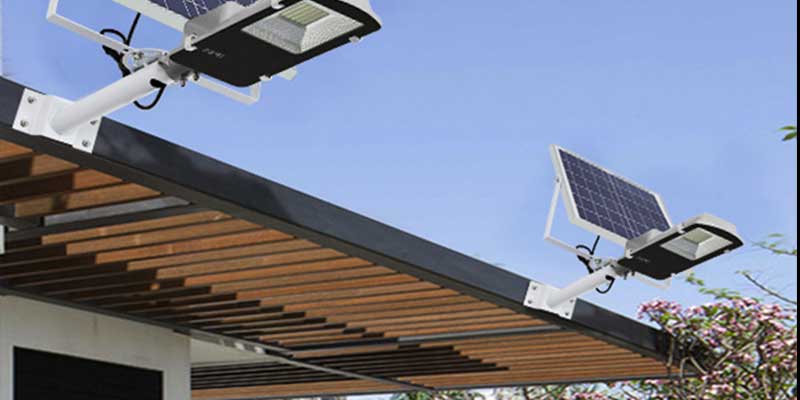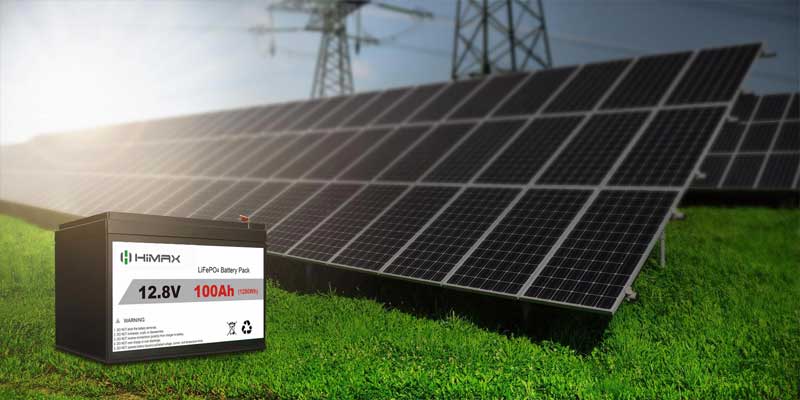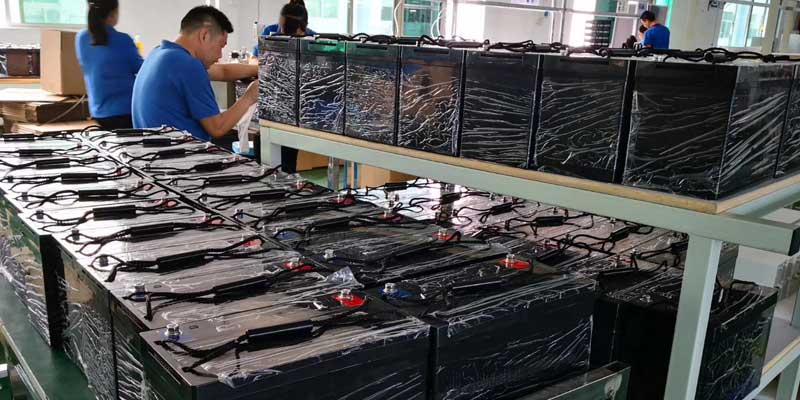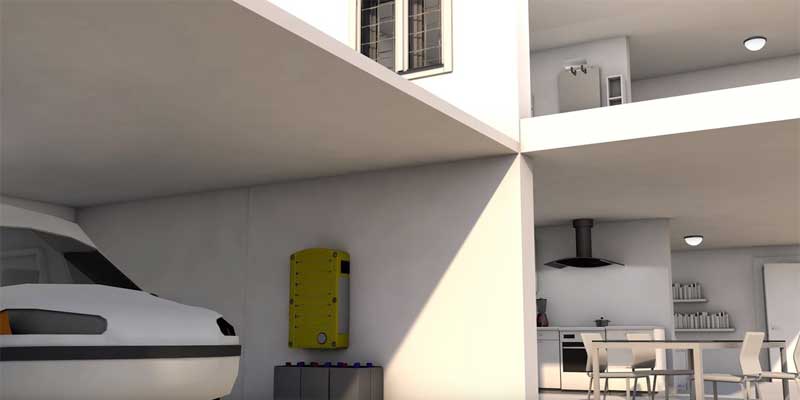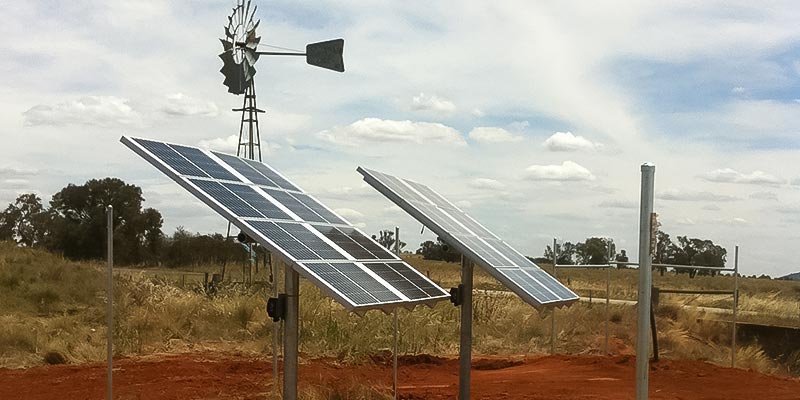Solar lights can use different kind of battery types. Below we shall explain you different kinds of rechargeable battery which one can use in solar lights.
Lead–acid battery and SMF.
lithium ion battery or Li-ion.
lithium ion battery phosphate or LiFePO4.
LEAD-ACID BATTERY AND SMF:
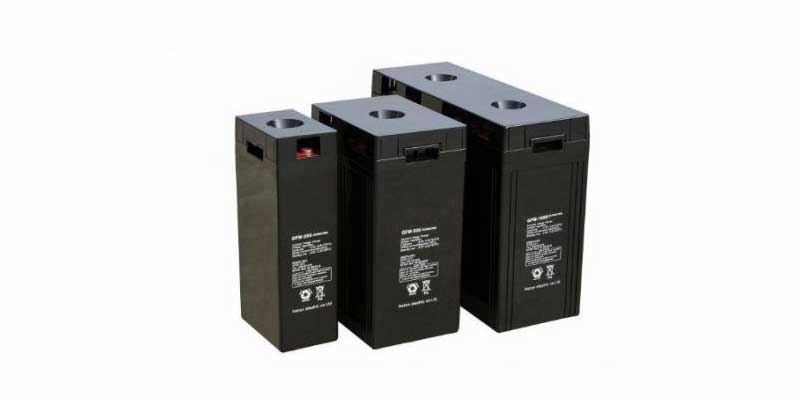
Because of the price advantage people widely use lead acid batteries. It is inexpensive compared to new technologies batteries. But there are many disadvantages compared to Li-ion an LifePO4. It need regular maintenance, Risk of explosion is more, there are lot of environment concerns as it contains lead and it will be difficult to handle extreme weather conditions. Life of the battery is around 3 – 4 years.
Two of the biggest disadvantage of using lead acid battery is it needs a bigger solar panel for charging and size of battery is bigger and will require lot of space. Solar panel will have to generate at least 12 V to charge the battery. That means during cloudy days it will be difficult to generate 12 V.
LITHIUM ION BATTERY OR LI-ION:
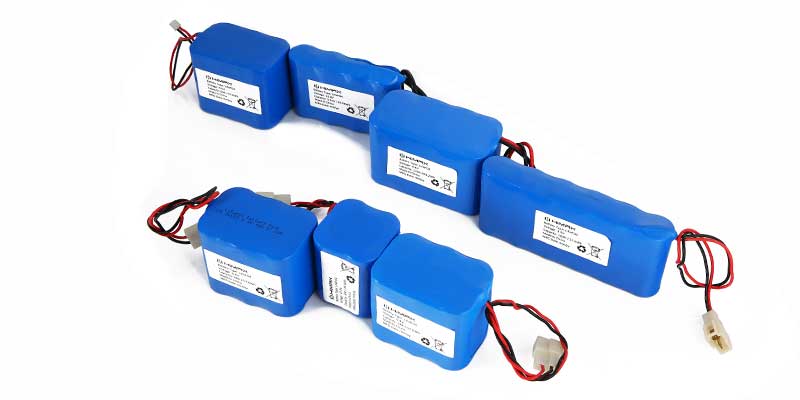
Li-ion battery is compact and priced higher compared to Lead-acid battery. It requires 3.7 V of power for charging. That means solar panel size will be smaller. During cloudy days’ solar panel can generate 3.7 V and these batteries will easily charge.
These batteries require no maintenance and life of battery will be 5 – 6 years. Only disadvantage is there might be chances of explosion in extreme weather. Li-ion batteries efficiency reduces during Very high or very low temperatures.
LITHIUM ION PHOSPHATE BATTERY OR LIFEPO4.
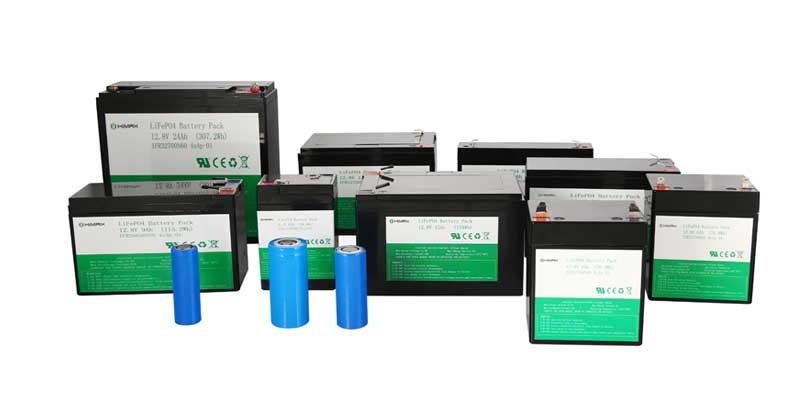
LiFePO4 battery is compact and priced higher compared to Li-ion. It is most advanced battery type currently available in market. It requires 3.2 V of power for charging. That means solar panel size can be smaller. During cloudy days’ solar panel can generate 3.2 V and these batteries will easily charge.
These batteries require no maintenance and life of battery will be 9 – 12 years. Advantages of using this battery is it can with stand extreme weather conditions. Hence this is most safer battery.
Usage of Batteries in Solar Lights.
Lead acid batteries are widely in usage for home lighting system and emergency solar lights. Usage of Li-ion and LiFeP04 batteries are in integrated solar light system. All in One lights like, Solar Garden Lights, Solar Street Light, Solar Flood Lights etc. uses these battery types.
Solar Home Lighting System :
Home Lighting system requires bigger battery capacity. Bigger battery means more price. Hence in India people use LED acid batteries. These batteries are manufactured in India unlike Li-ion and LiFeP04 batteries are imported. These batteries require regular maintenance the life span in less compared to other batteries types.
Solar Street Light and Solar Garden Lights:
All the three batteries are available for solar street lights. People have started switching to Li-ion and LiFeP04 batteries for street lights. Li-ion and LiFeP04 batteries are not manufactured in India, It is imported from China, Japan or Taiwan. India has started research on development of Li-ion cell in 2018. Once they start manufacturing these batteries product cost is go down by 20%.

